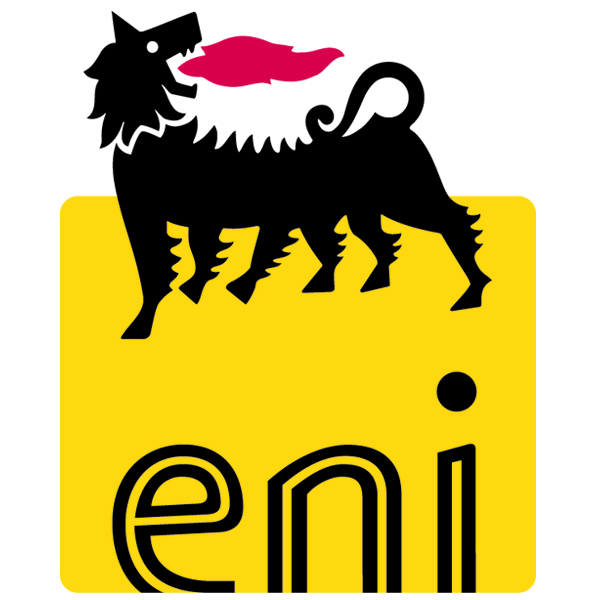Eni started gas and condensate production from the Obiafu 41 discovery, Niger Delta, just 3 weeks after well completion. The discovery contains approximately 28 billion cubic meters of gas and 60 million barrels of condensate, and the gas from this discovery will largely be channelled to the domestic market in order to feed the power sector.
This record time-to-market was made possible thanks to Eni’s new integrated model, under which the various disciplines work in parallel from the exploration phase, and all synergies with existing production facilities are properly leveraged. At the end of ramp-up, production will reach a capacity of about 3 million cubic meters of gas and 3,000 barrels of condensate per day.
The gas from this discovery will be processed at the Eni-operated Ob-Ob plant, and then sent to the Okpai Power Plant, also operated by Eni. Okpai is Nigeria’s first independent power plant and one of the most efficient ones in the country. It currently has an installed capacity of 500 MW and an upgrade is underway which will double its capacity to 1 GW. Once the upgrade is completed, Eni will generate 20% of the entire national electricity production, establishing itself as the leading electricity producer in the country.
In Nigeria, approximately 30% of Eni’s gas production is supplied to the domestic market, a sign of the company’s focus on the environmental and economic impact of its business on local communities. Eni’s commitment in this regard is also evidenced by ongoing projects aimed at reducing gas flaring. The sale of gas, that previously would have been flared, to local companies is a contribution to the development of the domestic gas market as well as a boost to the local economy as a whole. Through this multi-pronged flaring down strategy Eni aims at zeroing flared gas from all its operations by 2025.
In addition to Okpai power plant, Eni supplies power from its facilities to 85 local communities with approximately 500,000 people. Nigeria’s needs are at the core of Eni’s strategy, since it began operations in the country in 1962, with projects focusing on access to energy, social and agricultural development, education and training, healthcare, environmental protection and culture. In the last 10 years alone, more than 1,000 sustainability projects have been completed, and over 400 km of roads and 150 schools and hospitals have been built, contributing significantly to improving the quality of life of the communities in which Eni operates. Among the company’s most impactful projects is the Green River Project (GRP), an integrated program of agricultural entrepreneurial development, created to promote a path of autonomous development in the Niger delta. Over 32 years, the GRP has benefited over 120 communities reaching over 500,000 people across the states of Bayelsa, Delta, Rivers and Imo.
Eni has been present in Nigeria since 1962, with operated and non-operated exploration, development and production activities on 30,049 square kilometers in the onshore and offshore areas of the Niger Delta. In 2018, Eni’s equity hydrocarbon production amounted to 100,000 boe/day.
source: https://www.eni.com/en_IT/media/2019/10/eni-starts-production-at-obiafu-41-in-nigeria

